With free agency fully underway, the deadline to franchise tag star players has come and gone. This season, 15 teams used the franchise tag or the transition tag, with seven of those coming on the offensive side of the ball. Aside from Joe Thuney and Brandon Scherff, each tagging came at a skill position. With fantasy football drafts approaching, here is an evaluation of each player receiving the franchise tag.
Dak Prescott – Dallas Cowboys
While the Dallas Cowboys completely botched their attempts at roster construction, they at least locked up Dak Prescott for the 2020 season. Previously signing Ezekiel Elliott to a long-term deal, the Cowboys have prioritized the wrong positions throughout the offseason. While Amari Cooper decided to return on a team-friendly deal, Byron Jones and Robert Quinn departed in free agency. Similarly, Prescott now holds immense leverage for future negotiations, but Dallas’ offense remain intact for the 2020 season.
In 2019, Prescott recorded his best statistical season to date, with 4,902 passing yards and 30 touchdowns on 596 passing attempts. While second half deficits likely played a role in the increased volume, he showed elite efficiency on his elevated attempts. His 72.1 (No. 8 among qualified quarterbacks) True Completion Percentage and 8.1 (No. 7) Adjusted Yards per Attempt both ranked well inside the top ten. Similarly, he provides dual threat ability after producing 277 (No. 8) rushing yards on 52 (No. 11) carries.
https://www.youtube.com/watch?v=9-2lwmsLzJ0
From a fantasy perspective, retaining Prescott provides a boost to Cooper, Michael Gallup, and Blake Jarwin in the immediate future. However, from a dynasty perspective, each of these assets remains in limbo, with Prescott still lacking a long-term deal.
A.J. Green – Cincinnati Bengals
Now entering his age-32 season, the Cincinnati Bengals decided to spend roughly $18 million by franchising A.J. Green ahead of the 2020 season. Reportedly unhappy in Cincinnati, the move makes little sense for either side, outside of a “tag and trade” situation. Having played only nine games in two seasons, his 2020 status remains tenuous at best.
From a production perspective, Green continued to produce in 2018, despite his advanced age. He posted 2.68 (No. 12) Yards per Pass Route with a +11.6 (No. 21) Production Premium in nine healthy games with the Bengals. One of the NFL’s most consistent wide receivers, Green has recorded at least 1,000 yards receiving every season where he’s played at least 13 games. However, heading into 2020, he hasn’t played a down of football in over a year at age 32.
Check out A.J. Green on PlayerProfiler’s Updated Dynasty Rankings and Projections:
While Green presents risk in the form of injury or a potential holdout, he still projects to command a decent workload in Cincinnati. However, he now must compete with promising young players like Tyler Boyd and John Ross, while projected No. 1 overall draft pick Joe Burrow has yet to play a snap at the NFL level. With so many concerns, avoiding Green makes sense across fantasy leagues.
Derrick Henry – Tennessee Titans
After a breakout 2019 season and a trip to the AFC Championship, the Tennessee Titans correctly signed Ryan Tannehill to an extension but franchise tagged Derrick Henry. While running back skeptics might dismiss the deal, the Titans still avoided a long-term, high-dollar commitment at the running back position. In the short term, this retains their offensive dynamic, while offering future flexibility at the position.
A true outlier at the running back position, Henry stands 6-3, 247-pounds, with a 116.3 (97th-percentile) Speed Score. Not only that, but he put up 19.6 (No. 4) Fantasy Points Per Game last season, despite recording only 18 (No. 50) receptions. However, Game Script worked directly in the Tennessee’s favor to close out 2019 and throughout their playoff run. In losses, he averaged only 55.6-percent of the Titans’ offensive snaps. This reduction in playing time also affected his carries. In their most important game of the year against the Kansas City Chiefs, Henry still handled 19 carries for 69 rushing yards, but he only reeled in two of two targets for -8 receiving yards.
https://www.youtube.com/watch?v=30EvwyB-e1I
With the Titans running at the third-highest rate in football, signing Henry makes sense in the short term. Similarly, avoiding a long term commitment to their aging back also makes sense, with him playing a replaceable position and offering limited pass catching ability. For 2020, Henry appears safe, but dynasty owners might want to sell high at peak value.
Hunter Henry – Los Angeles Chargers
The last major skill position player to receiver the franchise tag, the Los Angeles Chargers locked up Hunter Henry for the 2020 season. Already losing Philip Rivers and projected to lose Melvin Gordon, the Chargers’ roster remains in flux for the 2020 season. However, whether the team drafts a young signal caller or find one in free agency, they will have a productive, young tight end to throw the ball too.
Oft-injured throughout the early part of his career, Henry also missed four games in the 2020 season. However, when on the field, he showed elite production from the position. Often lining up in the slot, he recorded a +14.5 Production Premium and a +21.5-percent Target Premium, both of which ranked No. 4 in the NFL. Already averaging 6.3 targets per game, his ceiling as a two-way tight end has yet to be reached in Los Angeles’ offense.
For fantasy purposes, Henry remains a somewhat risky asset with Los Angeles lacking a quarterback of consequence. While the contract situation also poses a problem for him, the franchise tag remains a strong indication of talent. With a healthy 2020 season, Henry looks likely to command volume, regardless of quarterback.



